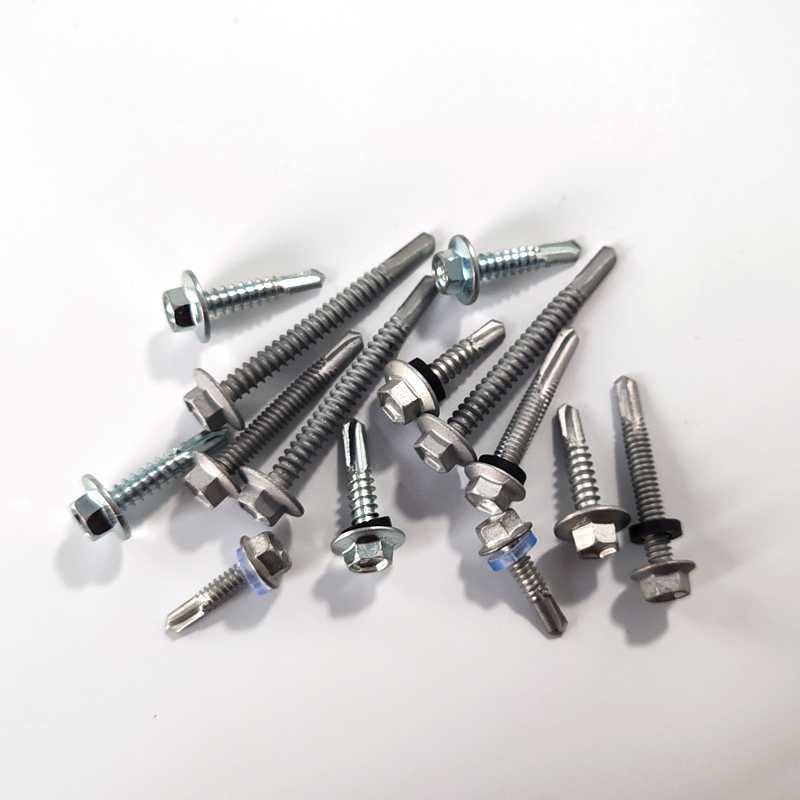Resin Bolt Fixings for Enhanced Durability and Structural Integrity in Construction Applications
Understanding Resin Bolt Fixings A Comprehensive Guide
In the world of construction and engineering, the integrity of structures often relies heavily on the type of fastening systems employed. One such system gaining prominence is resin bolt fixings. These innovative fixings provide a robust solution for securing loads in a variety of substrates and conditions, offering advantages over traditional mechanical fasteners. In this article, we'll delve into what resin bolt fixings are, their applications, benefits, and best practices for installation.
What are Resin Bolt Fixings?
Resin bolt fixings are specialized anchors used for securing bolts within concrete, brick, and masonry substrates. They consist of a threaded bolt and a resin adhesive that cures within the drilled hole. When the resin hardens, it creates a strong bond between the bolt and the surrounding material, allowing for reliable load-bearing capabilities.
The process involves drilling a hole in the substrate, inserting the bolt along with the resin, and allowing it to set. This combination of mechanical and chemical fixing results in a highly effective anchoring system that distributes load forces evenly.
Applications of Resin Bolt Fixings
Resin bolt fixings are versatile and can be used in various applications, including
1. Structural Engineering Commonly employed in securing steel beams, columns, and trusses in buildings and bridges. 2. Masonry Works Ideal for attaching fixtures to brick and stone, ensuring a secure hold without damaging the substrate. 3. Heavy Equipment Installation Often used for anchoring machinery and equipment in industrial settings, where load stability is crucial. 4. Marine Applications Useful in environments exposed to moisture and corrosive elements, with specialized resins available for underwater applications. 5. Renovation Projects Perfect for reinforcing existing structures, providing enhanced stability and support.
resin bolt fixings

Benefits of Using Resin Bolt Fixings
1. Superior Strength The chemical bond created by resin provides high tensile and shear strength, making it suitable for heavy-duty applications. 2. Corrosion Resistance Many resin formulations are resistant to corrosion, which is particularly beneficial in coastal or industrial environments. 3. Reduces the Risk of Failure Unlike traditional mechanical anchors, which may loosen over time, resin anchors remain firmly in place, reducing the risk of failure. 4. Flexibility in Use Resin bolt fixings can be used in a variety of substrates, including both solid and hollow materials. 5. Temperature Tolerance Certain resins can endure a wide range of temperatures, making them suitable for various indoor and outdoor conditions.
Best Practices for Installation
To achieve the best results with resin bolt fixings, consider the following installation guidelines
1. Surface Preparation Clean the hole of any dust, debris, or moisture. A clean surface ensures optimal adhesion of the resin. 2. Drilling Use the appropriate drill bit size recommended for the resin anchor being used. The diameter and depth should match the specifications to ensure a snug fit. 3. Mixing the Resin Follow the manufacturer’s instructions for mixing the resin to ensure consistent performance. 4. Insertion Insert the bolt into the resin-filled hole, ensuring it reaches the bottom and is aligned properly. 5. Curing Time Allow adequate curing time before applying any load to the anchor. This period can vary based on the type of resin and environmental conditions. 6. Testing For critical applications, conducting pull-out tests can verify the strength of the installation.
Conclusion
Resin bolt fixings are an essential component of modern construction and engineering. Their ability to provide strong, reliable anchoring solutions in a variety of applications makes them an increasingly popular choice among professionals. By understanding their functionality and adhering to best practices during installation, builders can enhance the safety and durability of their structures, ultimately leading to greater operational efficiency and longevity. As technology advances, the potential for even more applications and improved resin formulations will continue to evolve, solidifying their place in the future of fastening solutions.
-
Wedge Anchor Bolts: Secure Fastening SolutionsIzindabaAug.05,2025
-
Insulation Fixings: Secure and Durable SolutionsIzindabaAug.05,2025
-
Full Threaded Studs: Versatile Fastening SolutionsIzindabaAug.05,2025
-
Expanding Fasteners: Secure and Reliable SolutionsIzindabaAug.05,2025
-
Butterfly Toggle Anchors: Secure and Easy to UseIzindabaAug.05,2025
-
Bracing Solutions for Steel StructuresIzindabaAug.05,2025
